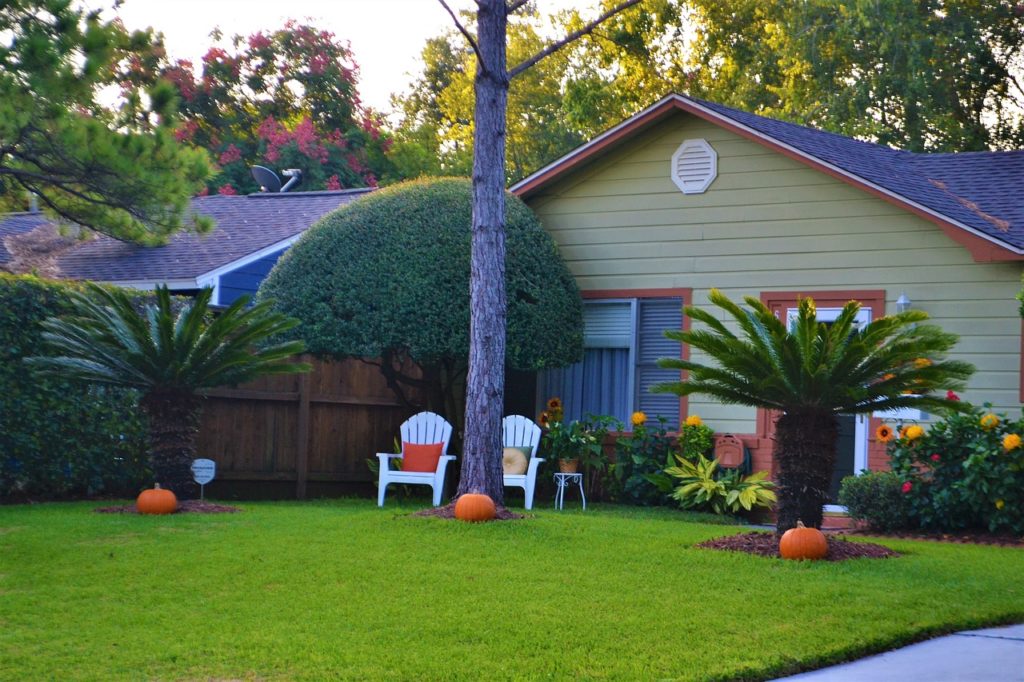Many homeowners decide to move up or downsize at some point of their lives, and when the time comes, most of them are concerned about how to juggle between selling their existing home and buying a new one – a challenge they did not encounter when they bought their first home. Timing plays an important role, but it is almost impossible to synchronize the two processes, so it is almost certain that they won’t take place on the same day. That is why second-time homebuyers need to weigh their options (and finances) very carefully. Here is what challenges they can expect in both case scenarios before they decide to.
Selling Your Old Home First
This is usually more acceptable to most second-time homebuyers since it is easier to look for a home with new cash in the bank account and a clearly defined budget. But, it will probably get hectic when trying to find a new home by the closing date on the old home. Second-time homebuyers often rush their decision to be able to directly move from one home to another, avoiding alternatives like temporary rentals or moving in with family and friends until landing a new home. One of the biggest mistakes second-time homebuyers can make is to buy a home they are not 100% comfortable with just to make sure they have something before it is time to leave the old home.
What second-home buyers can do when selling first is asking the new homeowners to delay the closing date so they have more time to look for a new home; and even if it does not work, it is still better to find a rental or stay with family/friends until the perfect home comes along.
Buying A New Home First
Not everyone is eligible to buy a new home before selling the old one, especially if the mortgage on the current home is still being paid off. That would mean that the buyer’s income would need to be big enough to qualify for a second mortgage while the first one is still running. Plus, if buyers don’t manage to sell the home before the closing date on the old home, they would actually have to be paying for two mortgages, even if just for temporary, it would still be financially exhausting. Still, sometimes it is not bad to use this strategy especially if you have closed the mortgage on the old home and you are in a buyer’s market at the moment you decide to buy. Prices are lower in general at that time and sellers are more open to negotiations when demand is low. It would also be great to make the offer on the new home contingent on selling the old home, but this rarely works, except for when the market is really slow and sellers have no other offers.
Both options come with their advantages and disadvantages, and that is why it is very important to analyze all the factors. If you decide to buy a new home first, it is important not to give in to lowball offers for the old home, just because you want to get rid of paying expenses for both homes. It may be tough for some time, but anything less than a fair offer won’t pay off in the long run. The same goes for the other way around. If you decide to sell first, don’t let the pressure get to you and don’t buy the next best home just because you want to synchronize it with the sale of your old home.
Click here to contact Ron Clappison today for all your Calgary real estate needs.

